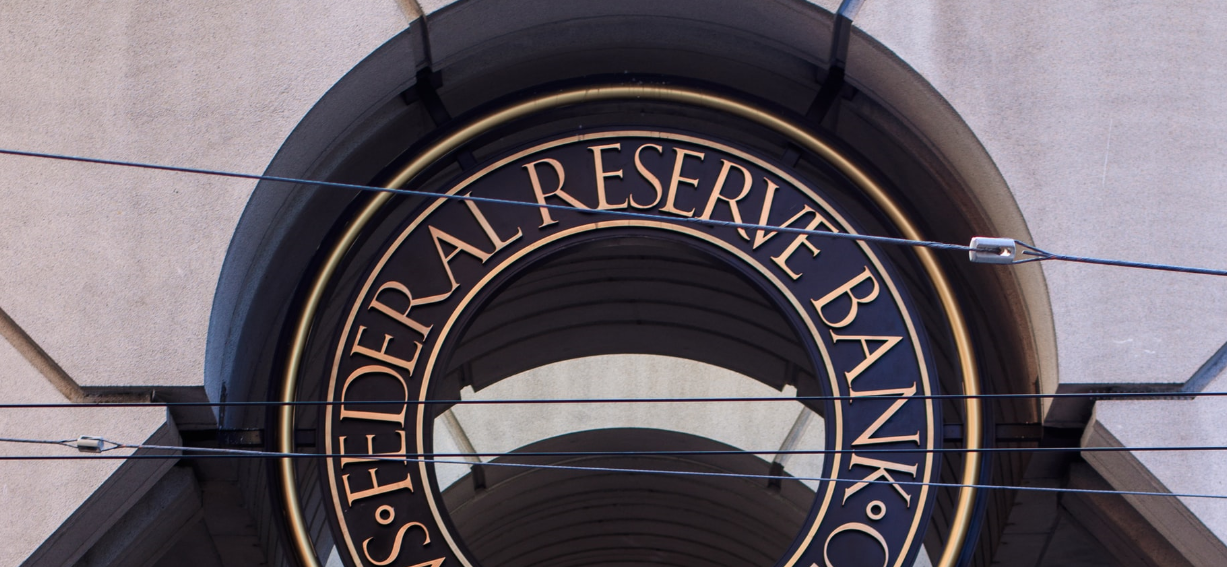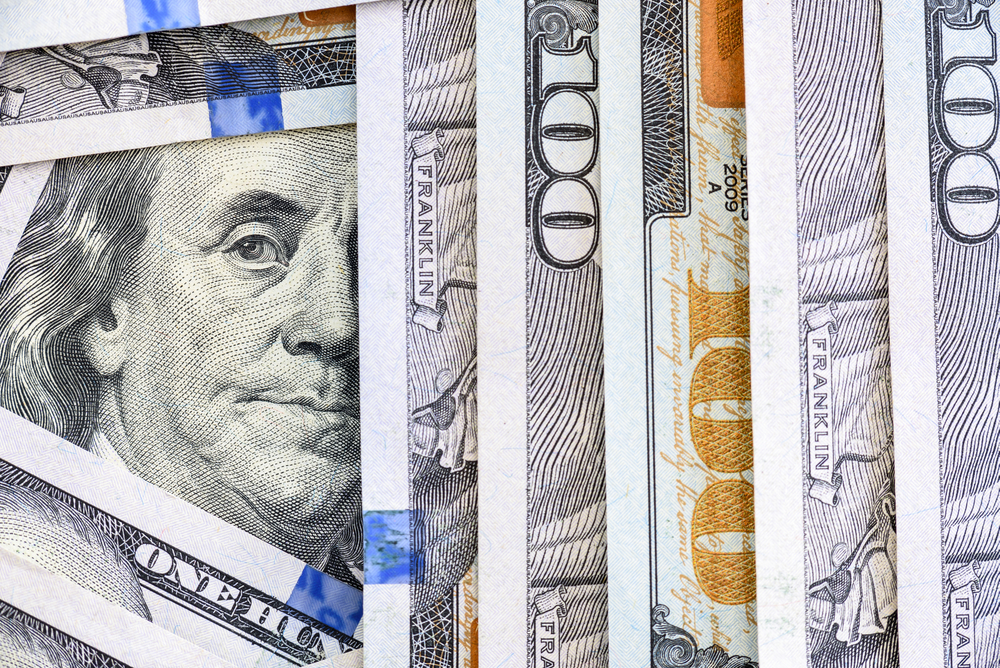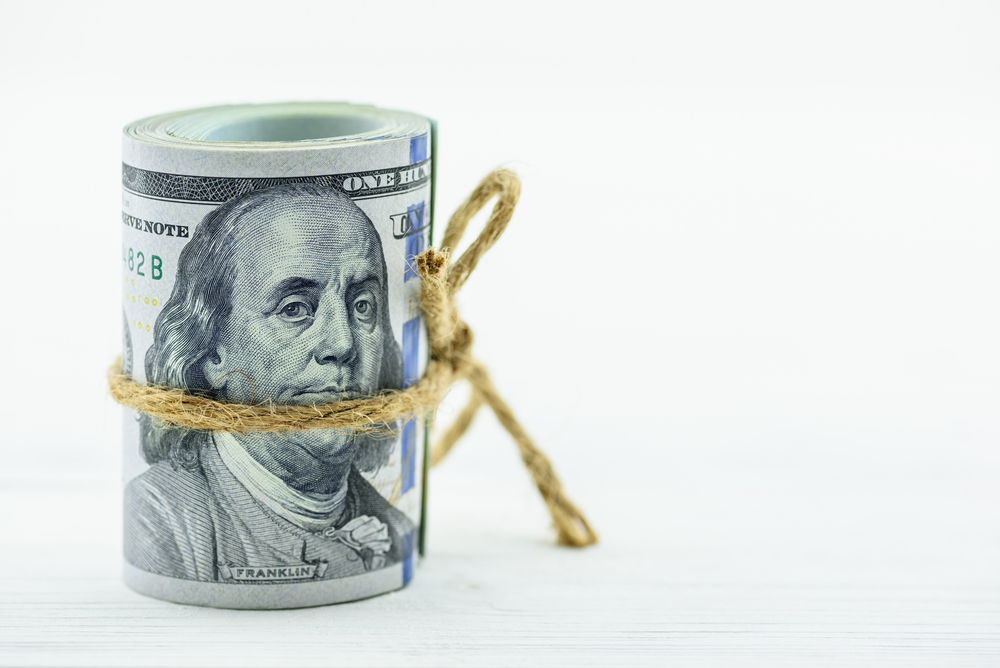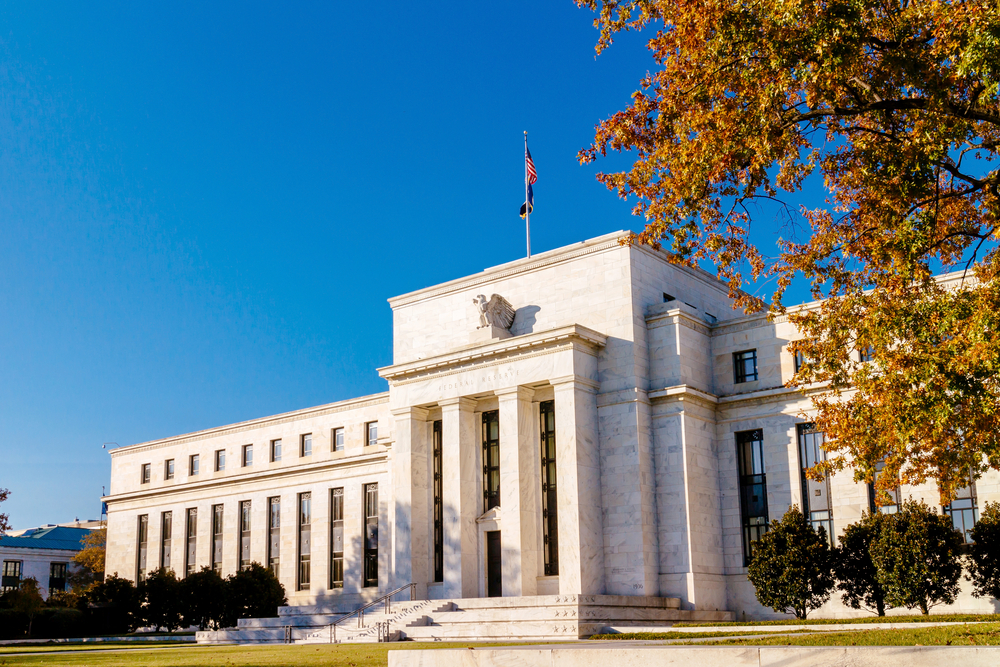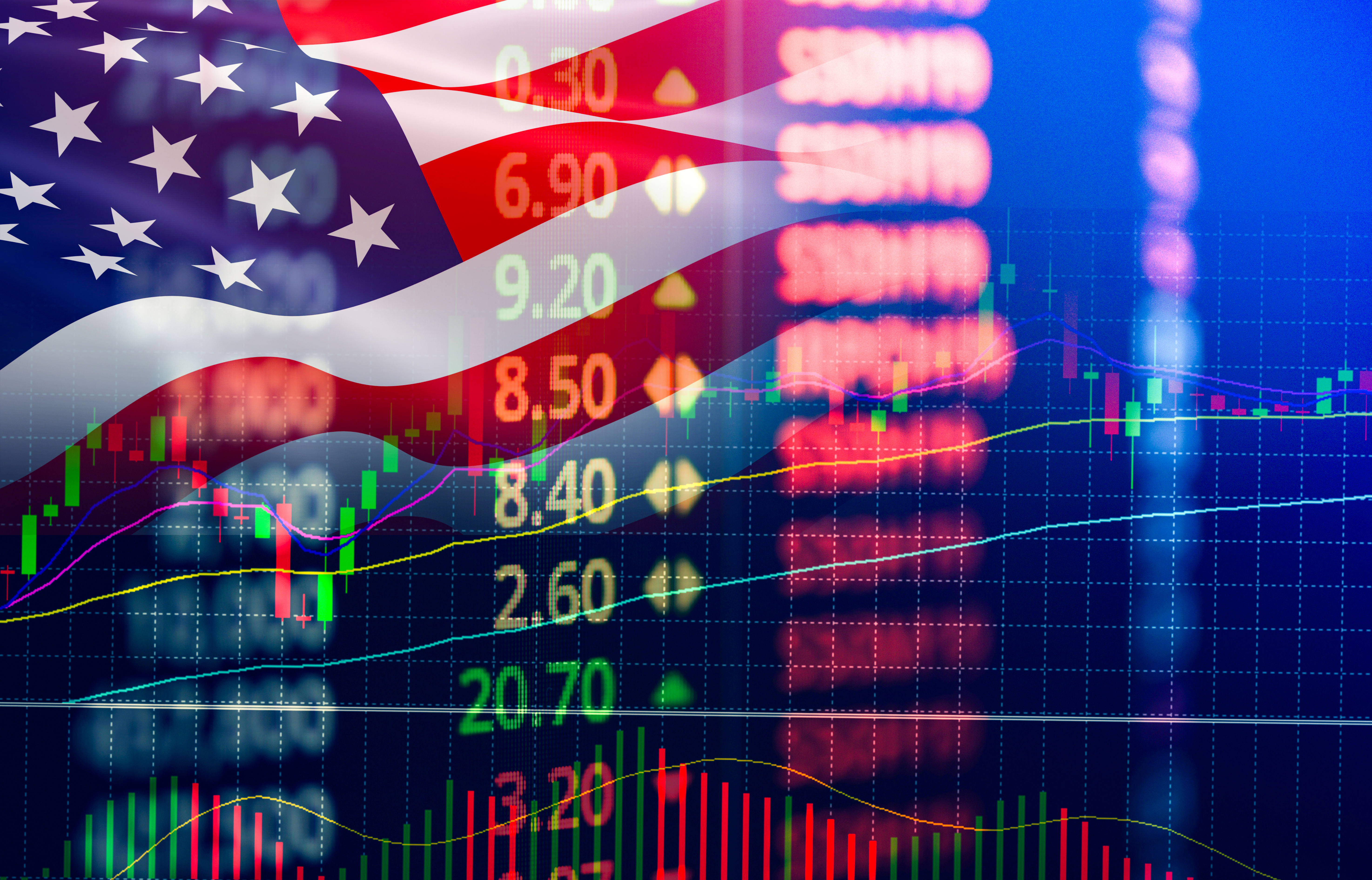Critical Statements from Federal Reserve Board Members
While interest rates on US 10-year bonds fell slightly after testing 1.74, the comments of the Fed Chairman and members on the long-term debt securities and inflation concerns in the markets were followed by market participants. However, inflation concerns have been raised recently due to the increase in food, oil and international commodity prices, as well as a financial aid package, which has become $ 5 trillion in total since 2020. Overshadowed by concerns, US 10-year bond interest rates rose to 1.74 band. Following this increase in long-term debt securities, investor risk appetite in global markets was subdued, leading to a decline in leading indices. The strengthening of the US dollar, the world's most important reserve currency, caused the currencies of developed and developing countries to depreciate.
As the perception that the Fed will change interest rates increased day by day, Federal Reserve members shared that they expected a temporary inflation increase at the FOMC meeting held last week, signaling that the interest rates will increase in 2023. They also said they were optimistic about the U.S. economy.
On the other hand, statements of Chairman Jerome Powell in the last week and those of other FED members were closely followed. Fed Chairman Jerome Powell, in his presentation to the Senate Banking Committee, said the Fed would continue to support the economy, noting that the course of the economy depends on the course of the Coronavirus outbreak. Noting that the US economy has recovered strongly after the quarantine measures were lifted, Powell added that he has been optimistic about recent economic activity and employment indicators. “We are committed to price stability,” Powell said, noting that the full recovery of the economy is still early. Further noting that he expects inflation due to base effects and accumulated demand for 2021, Powell said there are tools that they can use if inflation rates start to raise concerns. Finally, Powell said he was not concerned about an increase in interest rates on U.S. 10-year bonds.
After Fed Chairman Jerome Powell's statements before the Senate Banking Committee, Fed member Thomas Barkin said that they would look at 12-month inflation rates for the next 6 months, while they would track monthly inflation rates and put pressure on average inflation to decline. Finally, Barkin pointed out that reducing the Fed's $ 120 billion-a-month asset purchase program is not appropriate for now. Current monetary policy will remain compliant until the U.S. economy fully recovers, said Fed member Michelle Bowman, noting that restraint measures taken against the pandemic in some U.S. regions have caused economic cost. On the other hand, the Fed's maximum employment and 2 percent inflation target are far from the current frame, Bowman said, adding that he expects a temporary increase in inflation rates.
Dallas Fed President Robert Kaplan said it would be wise to remain alert to inflation rates, while the Fed's target inflation rates could be reached in 2022. In addition, inflation rates may come in the range of 2.25 and 2.50 percent in the short term, Kaplan said. He expects 6.5 percent growth and 4.5 percent unemployment in 2021. The Fed may raise interest rates in 2022, Kaplan also noted, adding that it does not expect U.S. 10-year bond interest yields to decline to 1.65-1.70 percent.
Atlanta Fed President Raphael Bostic said it would be likely to see signals in inflation rates with the inclusion of coronavirus stimulus packages into the economy. St Louis Fed President James Bullard shared his expectations that inflation rates will rise up to 2.5 percent in 2021, and that they will not decline too much in 2022. Fed Board Member Lael Brainard said the US economy was far from the targeted path and that he expected a temporary increase in inflation rates, saying that the Fed should not change its current policy.
New York Fed President John Williams noted that the US economy has improved and the problem in the current environment is low inflation. Williams, who said the timetable for raising interest rates would be governed by the economy, suggested that they are committed to the Fed's 2 percent inflation target. FED member Marc Daly said the Fed would maintain its current monetary policy until the economy fully recovered, noting the success of the 2 percent inflation target and that they would seek to exceed that target. Finally, after Daly stressed that the United States can grow in 2021, but the economy needs support, Chicago Fed President Charles Evans noted that the Fed's supportive monetary policy will not be reduced until there are tangible improvements in economic data.
While President Powell and members noted that the Fed would continue its current monetary policy steps, they were optimistic about inflation and growth prospects for 2021. In addition, President Powell's statement that he is not concerned about an increase in US 10-year bond interest rates has put positive prices on the leading indices SP500, NQ100 and DOW30, limiting the losses of Gold. Fed members, on the other hand, reiterated that they are committed to the 2 percent inflation target and indicated that interest rates will remain at 0-0.25 percent until 2023. These facts will probably support growth and employment rates upward.

